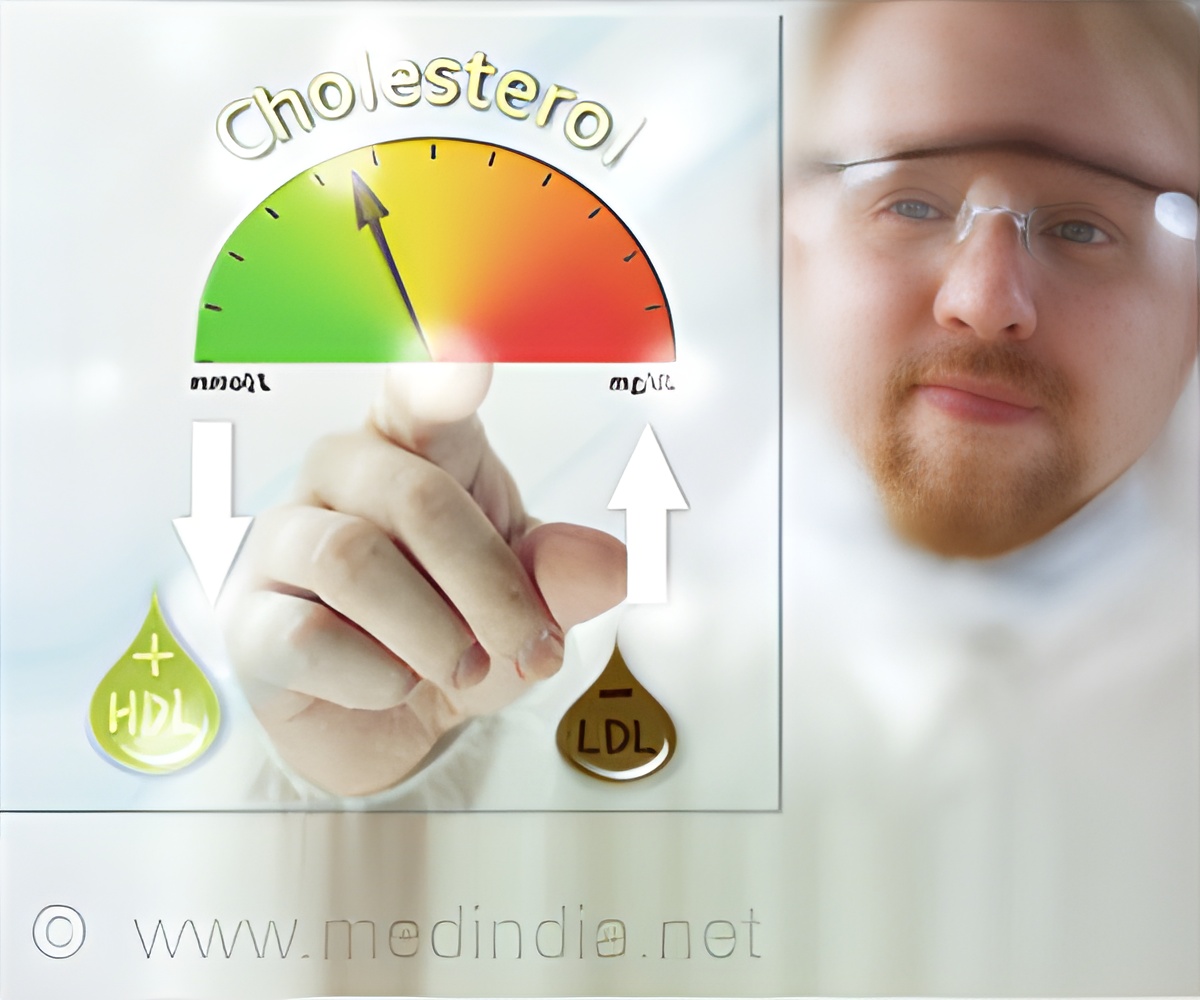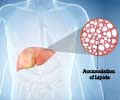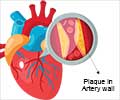Study finds first-of-its-kind therapy promising for patients with high triglycerides, cholesterol.

- High levels of triglycerides can lead to pancreatitis and heart diseases.
- Current medications such as fibrates or prescription fish oils only lower triglyceride levels by 20 to 50%.
- A new approach for lowering triglycerides using an injectable drug that inhibits a specific protein Angiopoietin-like 3 (ANGPTL3), was tested.
- The suppressing of AngPTL3 resulted in significant drop in triglyceride levels.
However, some people accumulate fat in the blood that should otherwise be stored in the fat tissue, causing high triglycerides.
Extremely high triglycerides can lead to inflammation of the pancreas - pancreatitis - and moderate elevations are associated with higher risk for heart disease such as atherosclerosis.
Richard Dunbar, MD, an assistant professor of Translational Medicine and Medical Genetics in the Perelman School of Medicine at the University of Pennsylvania, will present early data from a study which evaluated the use of a new injectable biologic drug therapy for reducing triglyceride levels, at the American Heart Association Scientific Sessions 2016.
"In this study, we tested a new approach for lowering triglycerides using an injectable drug that inhibits a specific protein Angiopoietin-like 3 (ANGPTL3), which enables high triglycerides ” said Dunbar.
The reduction on triglyceride levels, appear to push beyond the boundaries of what is usually experienced with current oral medications.
Among the 41 participants, 32 of them received Evinacumab and nine received the placebo.
The group that received Evinacumab, showed the biologic therapy was well-tolerated with only mild adverse events being reported, including headaches in seven participants.
Triglyceride levels were monitored for at least five months following the injection, with the maximum reduction seen on day four.
Six doses were tested, and in the top three dose-groups, triglycerides were lowered by 64% to 73%.
"Current medications such as fibrates or prescription fish oils effectively lower triglycerides, but leave much to be desired, each only lowering levels by 20 to 50%," Dunbar said.
"Validating a drug that lowers triglycerides well beyond that range would undoubtedly take us to the next level, particularly since it could be combined with current oral medications for those patients with extraordinarily high triglycerides who often can't achieve safe levels with our usual medications. A similar approach has been taken for lowering certain cholesterol with the advent of PCSK9 inhibitors, which utilize a similar monoclonal antibody mechanism."Dunbar said.
Dose-dependent reductions in cholesterol were also observed, most notably cholesterol from low-density lipoproteins (LDL), which is thought to contribute significantly to atherosclerosis - plaque buildup and the narrowing of the heart's arteries.
Curiously, the drug also lowered cholesterol from high-density lipoproteins (HDL) - the "good" cholesterol - consistent with the drug's mechanism targeting the AngPTL3 protein.
The implications of this research are twofold :
- In the short term, profoundly lowering triglycerides may render hospital admissions less frequent in patients prone to pancreatitis.
- In long term, lowering triglycerides and associated cholesterol could also help reduce the risk of certain heart disease.
More research is needed in order to evaluate the safety and efficacy across a larger patient population, particularly with multiple doses.
Source-Medindia













